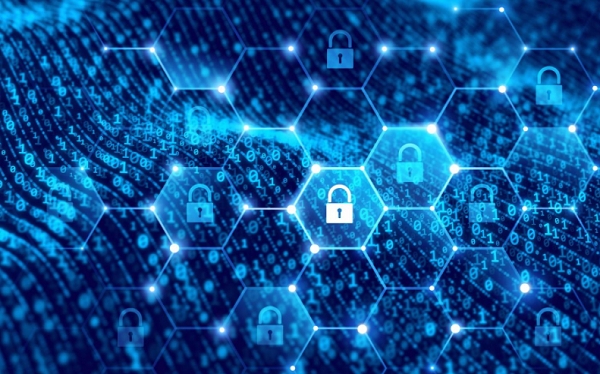DAO, the "Autonomous Republic" on the blockchain DAO (Decentralized Autonomous Organization), that is, "decentralized autonomous organization", is a new organizational form that has emerged in the blockchain field in recent years. It breaks the traditional centralized management model and distributes decision-making and management rights to all members, achieving true decentralization. DAO is like an "autonomous republic" on the Internet, managed by a group of like-minded people. Members have the right to vote and participate in decision-making, and the code is written into a smart contract for automatic execution without manual intervention.

What does DAO organization mean? Popular explanation of blockchain DAO
DAO, the full name is Decentralized Autonomous Organization, which is translated as "decentralized autonomous organization" in Chinese. This is a new organizational form that has emerged in the blockchain field in recent years. It breaks the traditional centralized management model and distributes the organization's decision-making and management rights to all members, achieving true decentralized autonomy. This article will explain the concept, operating mechanism and application scenarios of blockchain DAO in easy-to-understand vernacular.
Imagine this: You and a group of friends want to invest in a project together, but you don’t want to leave all the decision-making power to one person. You have decided to create a DAO. Everyone can make suggestions on the project's investment direction, use of funds, etc., and make decisions through voting. All decision-making processes and fund flows are recorded on the blockchain, which is open and transparent and cannot be tampered with by anyone. This is the basic idea of DAO.
Explain in vernacular:
DAO is like an autonomous republic on the Internet. It does not have traditional centralized management organizations such as CEO and board of directors, but is jointly managed by all members. Each member has voting rights and can participate in the organization's decision-making and influence the future development direction of the organization. All rules and decisions are coded into smart contracts and executed automatically without human intervention. It's like an autonomous company where all members are shareholders and jointly decide the direction of the company's development.
The operating mechanism of blockchain DAO:
Smart contract: The core of DAO is smart contract, which defines the rules, operation method and fund management method of DAO. Smart contracts are like the constitution of a DAO and cannot be changed once deployed on the blockchain.
Member participation: Members can obtain voting rights by purchasing the DAO’s governance tokens. Token holdings are typically proportional to voting power.
Proposals and voting: Any member can make proposals regarding the development of the DAO, such as investing in a project, modifying the rules of the DAO, etc. Other members can vote on the proposal and the results of the vote will be automatically implemented.
Fund Management: DAO’s funds are stored in smart contracts on the blockchain and are jointly managed by all members. Any use of funds requires approval by a vote of the membership.
DAO application scenarios:
Decentralized investment: A group of people invest together and make decisions together.
Community governance: For example, an open source software community could use a DAO to manage the development and maintenance of the project.
Charitable organizations: Ensure the transparency and efficiency of donations.
Art Collection: Jointly own and manage art.
Advantages of DAO:
Decentralization: No single point of failure, more resilient.
Transparency: All decisions and transactions are recorded on the blockchain, open and transparent.
Autonomy: Automatically executed by code without human intervention.
Community-driven: All members can participate in decision-making, which is more democratic.
Challenges of DAO:
Technical Complexity: Creating and managing a DAO requires certain technical knowledge.
Legal and Regulatory Uncertainty: The legal status and regulatory framework of DAOs are unclear.
Security: Vulnerabilities in smart contracts may lead to the loss of DAO funds.
Summary:
As a new organizational form, DAO has the advantages of decentralization, transparency, and autonomy, and has the potential to change the future organizational management model. However, DAO also faces some challenges and requires continuous development and improvement. With the continuous advancement of blockchain technology and the continuous expansion of application scenarios, it is believed that DAO will play a greater role in the future.
The above is the detailed content of What does DAO organization mean? Popular explanation and vernacular introduction to blockchain DAO. For more information, please follow other related articles on the PHP Chinese website!




